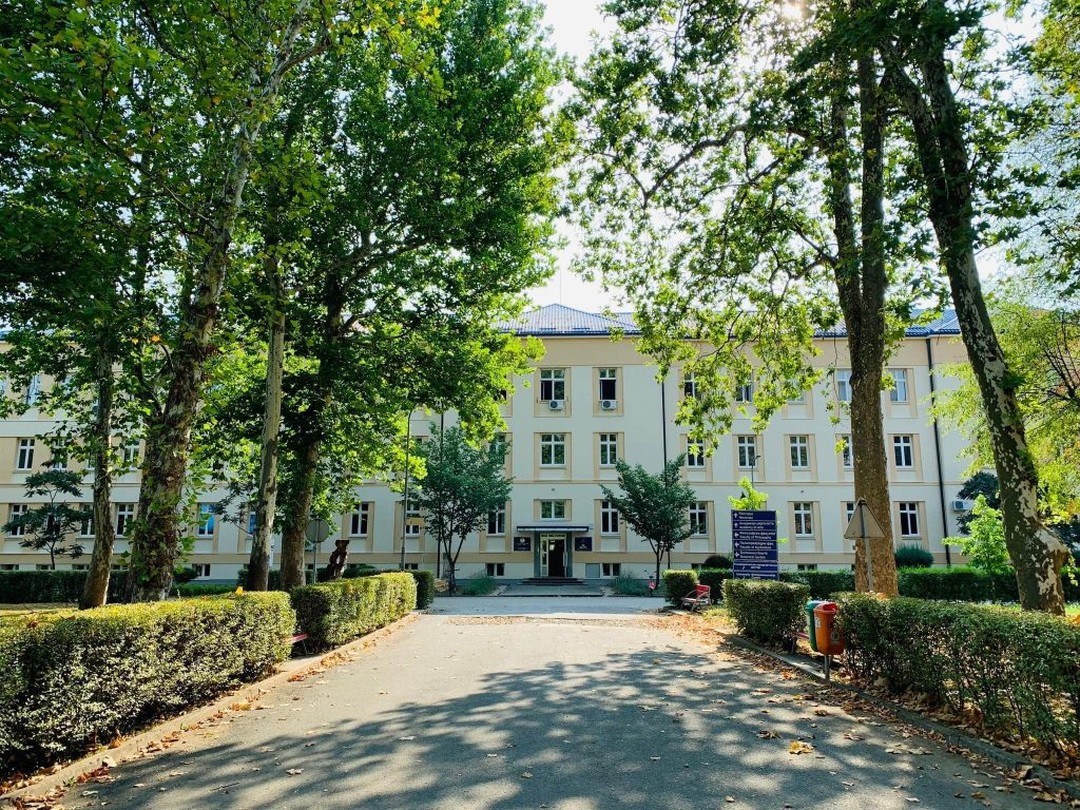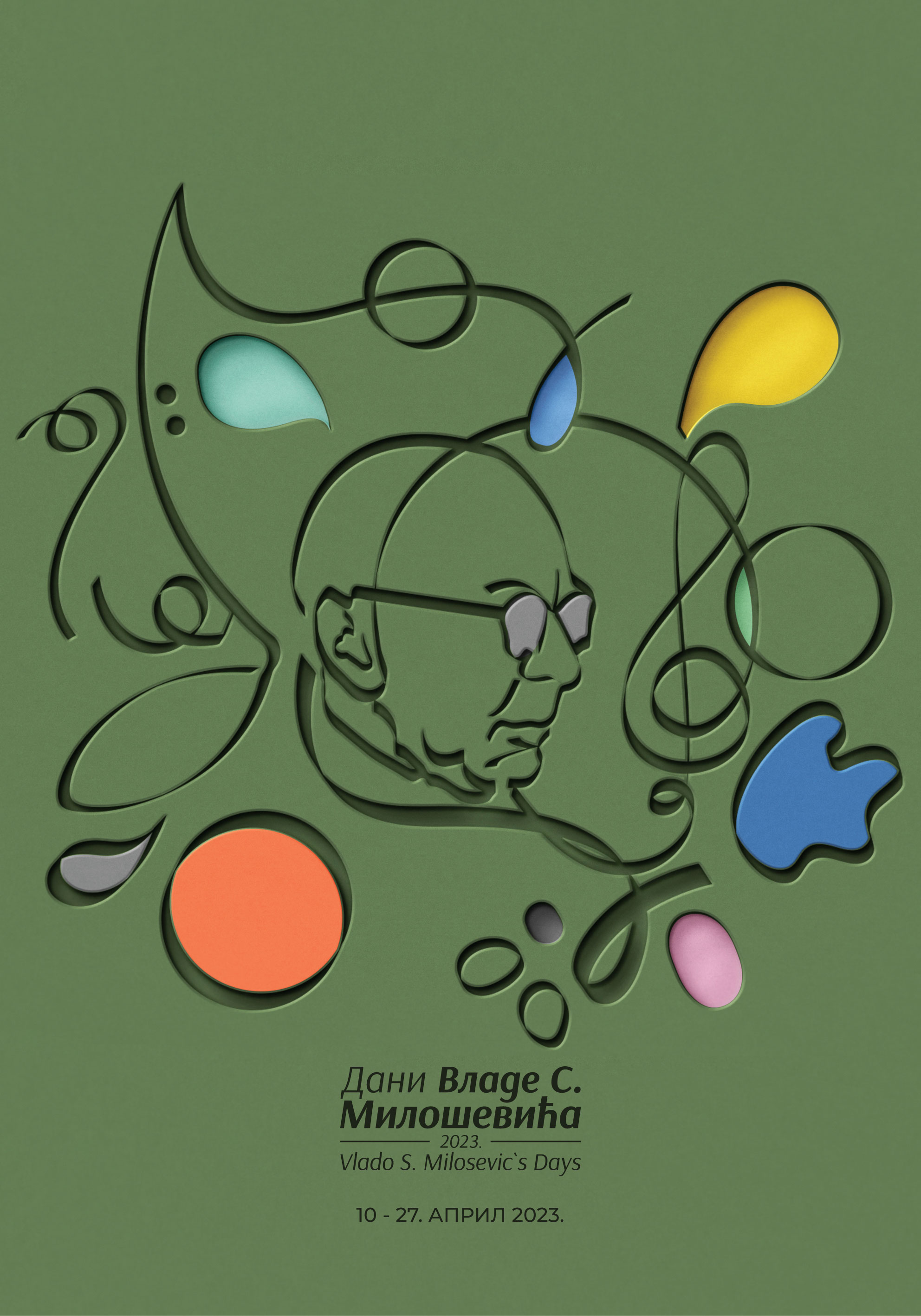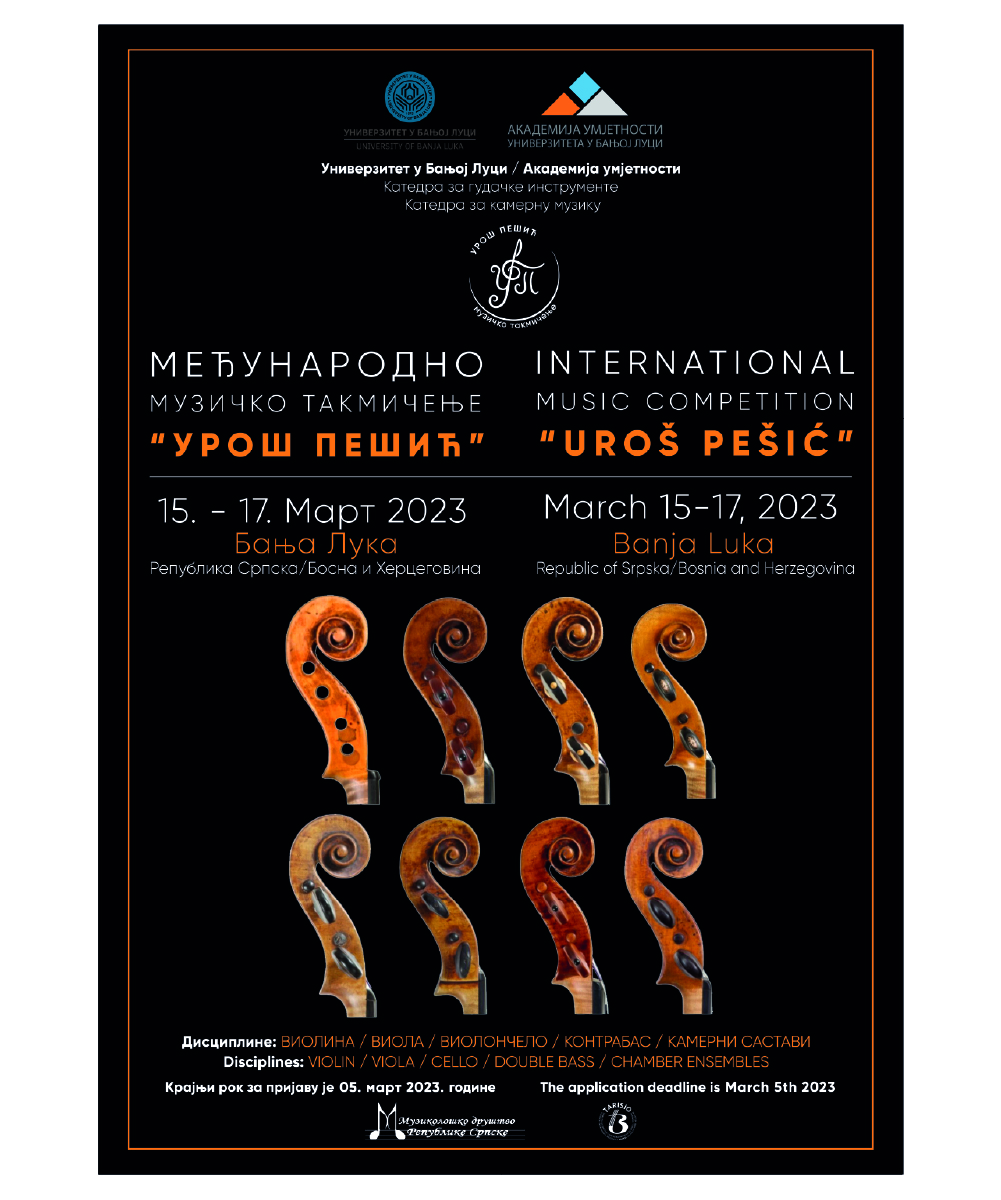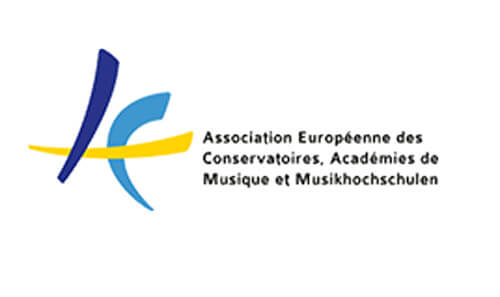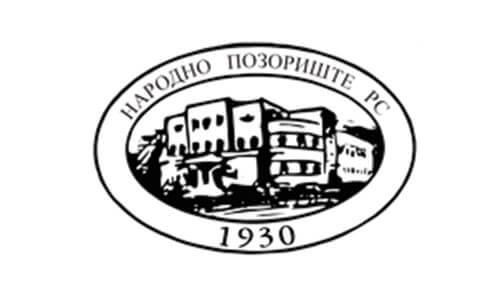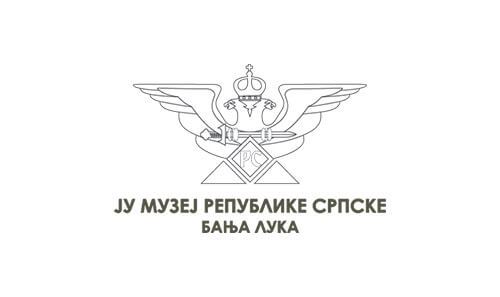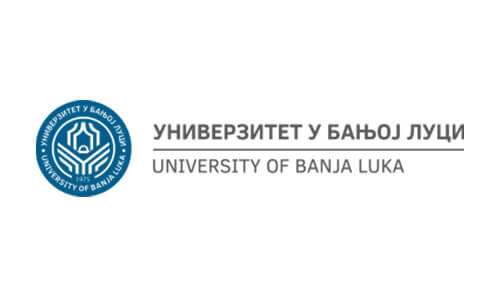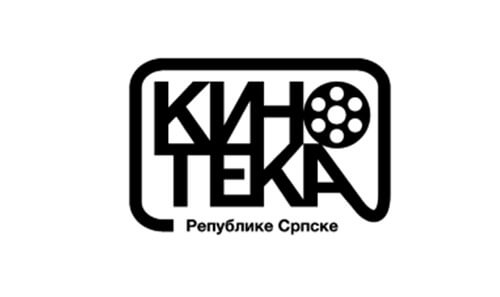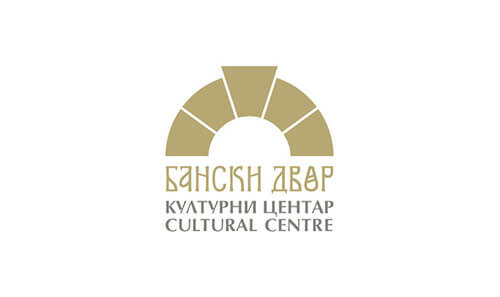
Editing Group
-
Who enrolls in editing
As an art of storytelling, editing is an inherent part of film. Actually, it is that which distinguishes film from other arts. Editing is a combination of creativity and technology knowledge by which a cinematographic work is shaped. It is one of the most important processes in the production of all audiovisual works.
The Editing Group is intended for future students who want to explore and shape their creative potentials, improve their artistic expression skills and gain knowledge about the application of technology in creating audiovisual works.What kind of job can you do after your studies?
In the era of digital media and virtual cyberspace, the job of an editor gives you opportunities to work from any location all over the world. There are numerous fields in which highly educated and creatively trained editors are needed - film and television production, dynamic visual designs of the modern media environment, and computer multimedia processing. These are the fields that are constantly expanding and innovating as the same time as the civilizational importance of modern audiovisual communications based on 'moving images'.
STUDIES
01. CYCLE
The first-cycle studies (Bachelor’s studies) last four years, namely, eight semesters. The teaching process is conducted through obligatory and optional subjects, which carry out 240 ECTS. The title gained after the studies is Bachelor of Arts in editing.
During their studies, our students develop professional knowledge and skills, imagination, and essential knowledge to implement cinematographic and other audiovisual works. Also, they are educated to use the most modern theoretical and aesthetic knowledge about the functioning of film as a piece of art. At the same time, with the curriculum, these studies follow the technical and technological changes brought by the development of digital technology and the film industry. After completing four−year Bachelor’s studies, our students gain subject-specific abilities to perform professional, scientific, and artistic activities. Finally, they are professionally qualified for editing both image and sound in film and television.
STUDIES
02. CYCLE
The second-cycle studies (Master’s studies) last one year or two years. The duration depends on whether the student has completed three-year or four-year Bachelor’s studies. Successful mastering of all study obligations leads to the title of Master of Arts in TV and Film Editing - 300 ECTS
Studies focus on the editing of art forms in all film types. After completing Master’s studies, students gain competencies to implement the most complex audiovisual forms. These competencies are based on developed knowledge in editing considering drama elements such as the organization of visual and sound dynamic forms to induce emotions and emit creative sensibility through the author’s films during the studies and the training for individual education after the completion of the studies. Besides, students gain technological competencies to implement complex audiovisual forms. The base for these competencies is the strict respect of all the standards during the implementation of difficult practice lessons, examination films, practical parts of final work, the application of creative possibilities of the equipment, and teamwork loyalty to carry out complex audiovisual forms.
01.
Bachelor studies
After Bachelor studies, i.e., the first cycle, students get the title – Bachelor of Arts in Editing (240 ECTS)
The Curriculum for Editing is not available in this moment.
-
Application
Applications are submitted to Student Administration Office of the Academy of Arts. During the application process, candidates must submit:
Documentation
For more information, please contact us.
Proof of Competence
Candidates must submit the following works in order to sit for the entrance exam:
PHOTO STRIP – it consists of ten 13x9 cm photographs horizontally. The candidate should mark it with numbers 1 to 10 on the back. The purpose of the task is to show a free-topic story by visual means clearly.
VIDEO BIOGRAPHY – Candidates present themselves with a short film. The duration of the film is five minutes. The film content and form are not specified, so candidates have complete freedom in their expression.Preparatory classes
For more information, please contact us.
-
Entrance examination
Entrance examination consists of two parts.
First day
On the first day, there are a General knowledge test and a written analysis of film and TV programme.
Second day
On the second day, there are an interview, an oral defence of the works and an oral analysis of a film insert. The aim of the interview is to determine candidates’ abilities and potentials for the profession of an editor.Consultation
During the preparatory classes for the entrance examination, there are organized consultations with
Predrag Solomun, MSc, Full professor
Head of the Department of Film, TV and Animation
-
Ranking list and enrollment
The right to be presented on the ranking list is achieved by the candidate who has passed the entrance exam which estimates the skills and talents of candidates (aptitude test) and which is determined by the Academy of Arts.
The ranking list of the candidates for the enrolment in this art programme is determined according to:- General success achieved in secondary education (success in all subjects and grades of a four-year high school)
- Results achieved in the entrance exam or the aptitude test.
The number of points achieved on the basis of general success is obtained by multiplying the average grade in all subjects of a four-year high school by the number 10 (ten)
At the entrance exam or aptitude test, the candidate can achieve from 0 (zero) to 50 (fifty) points. According to both criteria, it is possible to achieve a maximum of 100 (hundred) points. Candidates who did not achieve more than 15 points in the entrance exam are not eligible for enrollment.
02.
Master’s Studies
Students must complete Bachelor’s studies to fulfil the condition for the enrolment in Master’s studies. After successfully completing Master’s studies and defending the final thesis, students gain the title of Master of Arts in TV and Film Editing (300 ECTS).
The Curriculum for Editing is not available in this moment.
What jobs can Master of Arts in TV and Film Editing do?
After completing Master's studies, students gain competencies to implement the most complex audiovisual forms. These competencies are based on developed knowledge in editing considering drama elements such as the organization of visual and sound dynamic forms to induce emotions and emit creative sensibility through the author's films during the studies and the training for individual education after the completion of the studies. Besides, students gain technological competencies to implement complex audiovisual forms. The base for these competencies is the strict respect of all the standards during the implementation of difficult practice lessons, examination films, practical parts of final work, the application of creative possibilities of the equipment, and teamwork loyalty to carry out complex audiovisual forms.
Also, after completing Master's studies, students can continue their education in doctoral studies in art or other specialist studies.
-
Application process
Application are submitted to Student Administration Offices of the Academy of Arts. During the Application Process, candidates must submit:
Documentation
For more information, please contact us.
-
Entrance exam
The entrance exam is based on specific contents determined by the competition and on an individual oral interview. The Commission will test candidates' knowledge in film and television and assess candidates' abilities, visual presentation, and analytical thinking. The Commission will also access systematic perception of a film or theater work based on interviews, entrance papers, and other contributions prescribed by the competition.
Consultation
During the preparatory classes for the entrance examination, there are organized consultations with
Predrag Solomun, MSc, Full professor
Head of the Department of Film, TV and Animation
-
Rank list and enrollment
The right to be ranked on a unique ranking list is attained by a candidate who has passed the aptitude test. The Academy determines the order of candidates who have passed the entrance exam according to the number of total points achieved.
The ranking list of candidates for the enrollment in the study program of the first year of the second cycle of studies is determined on the basis of:- General success achieved during the first cycle of studies (average grade during studies)
- The results obtained in the entrance examination or the aptitude test.
The number of points achieved on the basis of success in the first cycle of studies is obtained by multiplying the average grade by the number 5 (five).
At the entrance exam or aptitude test, the candidate can achieve from 0 (zero) to 50 (fifty) points. According to both criteria, it is possible to achieve a maximum of 100 (hundred) points. Candidates who did not achieve more than 15 points in the entrance exam are not eligible for enrollment.

